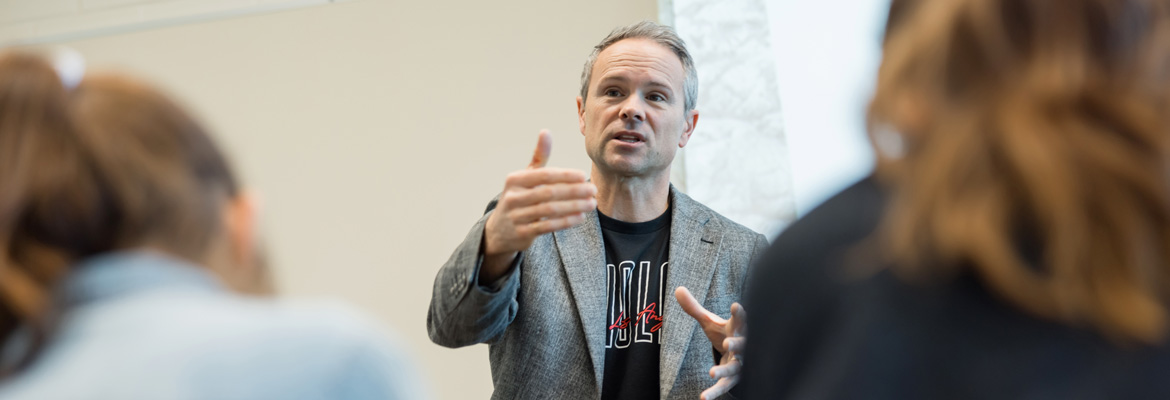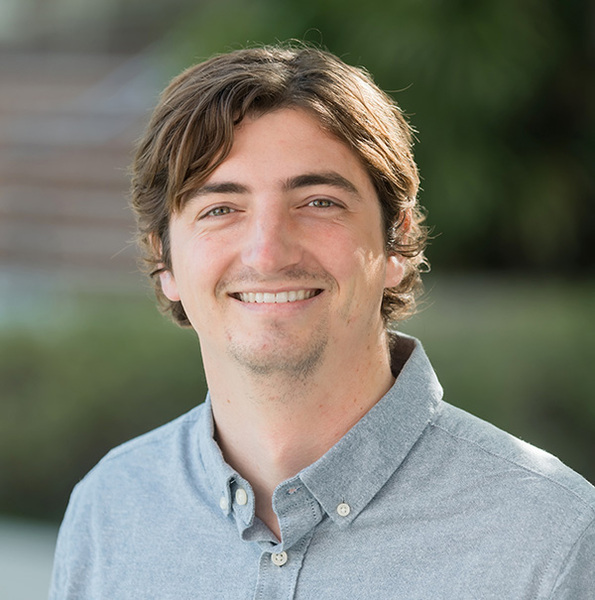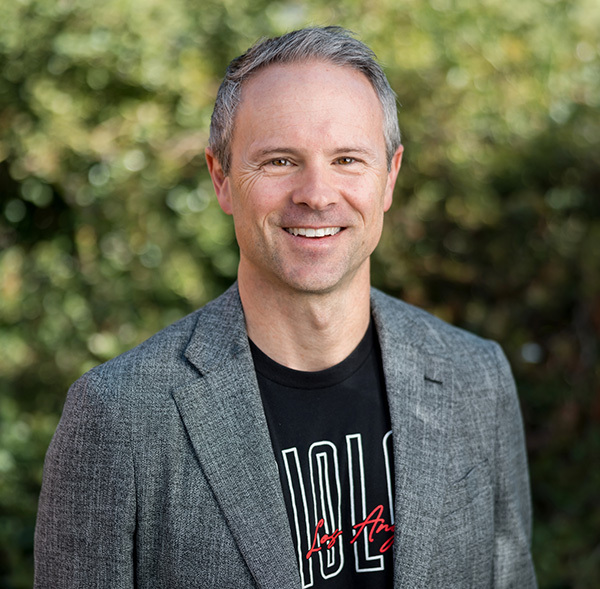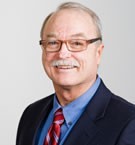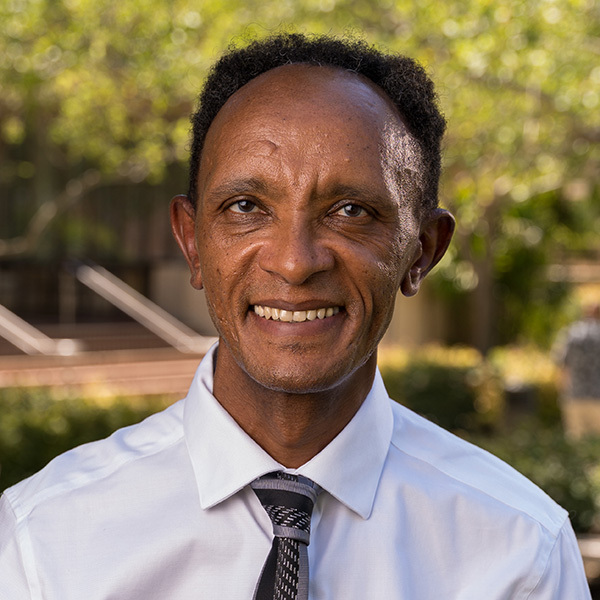Master of Arts – Christian Apologetics
Overview
Reason Deeply. Engage Wisely. Build Bridges.
In a divided and skeptical world, confident faith requires more than sound bites. It requires clarity, courage and compassion.
Talbot’s Master of Arts — Christian Apologetics degree forms thoughtful Christians who make strong arguments with a humble posture. This is apologetics for a listening world — where intellectual rigor meets spiritual formation and truth is carried with love.
We do not train students for culture wars. We prepare them for wise, bridge-building conversations rooted in Scripture, theology and philosophical depth.
Here, apologetics is not information without formation. It is faith that holds up under pressure.
What Makes Talbot’s Apologetics Program Distinct?
- Intellectual Depth That Shapes Real Life. Engage enduring questions about science, suffering, pluralism, justice and belief through deep thinking and sacred curiosity. Our faculty are globally recognized scholars shaping conversations in philosophy, theology and cultural engagement.
- Formation of the Whole Person. From head to heart to hands, students grow spiritually while sharpening their reasoning. Study is integrated with prayerful reflection, discipleship and meaningful community.
- Strong Arguments. Humble Posture. We equip students to articulate beautiful truth with clarity and conviction — without combativeness. Confidence without arrogance. Wisdom without retreat.
- Flexible Pathways for Real Life. Designed for working adults, pastors, educators, executives and lifelong learners, our asynchronous courses allow you to pursue theological depth without stepping away from your vocation. Our stackable pathway creates room for growth at every stage.
- Leading Voices in Global Apologetics. Study with scholars such as William Lane Craig, J.P. Moreland, Sean McDowell, Craig Hazen, Mihretu Guta and others — faculty who combine academic excellence with spiritual maturity and cultural wisdom.
Who Does Talbot’s Apologetics Program Serve?
Students in Talbot’s Master of Arts — Christian Apologetics degree come from a wide variety of backgrounds and callings. You may be a great fit if you are:
- A pastor seeking clarity in a complex cultural moment
- An educator discipling students with intellectual depth
- A professional integrating faith and leadership
- A lifelong learner hungry to go deeper
- Or someone rebuilding faith after doubt
Program Details
The Christian apologetics program is offered in both online and on-campus learning formats. Here are a few key points about the program structure:
On-campus Format
- On-campus classes are offered primarily in the evening or on weekends, to accommodate the working individual.
Online Format
- All 39 credits can be completed online, where students participate in reading and online discussion forums with other students.
- Students will have opportunities to learn and fellowship on Biola's campus by taking advantage of two-day weekend seminars, a one-week advanced apologetics summer course, or traditional full semester courses.
